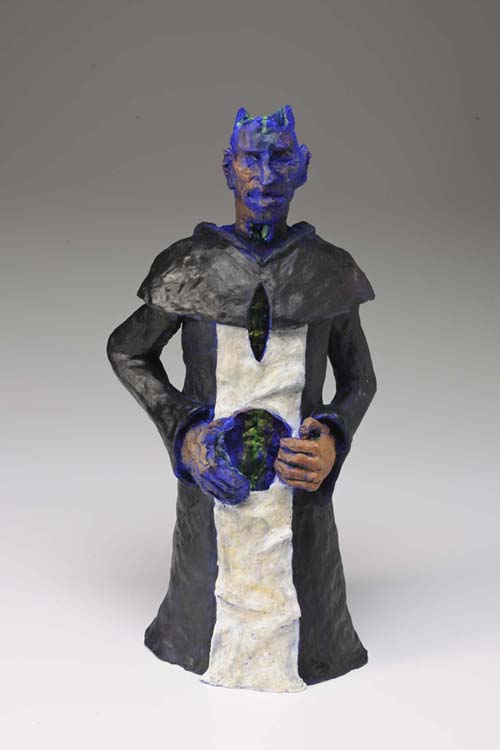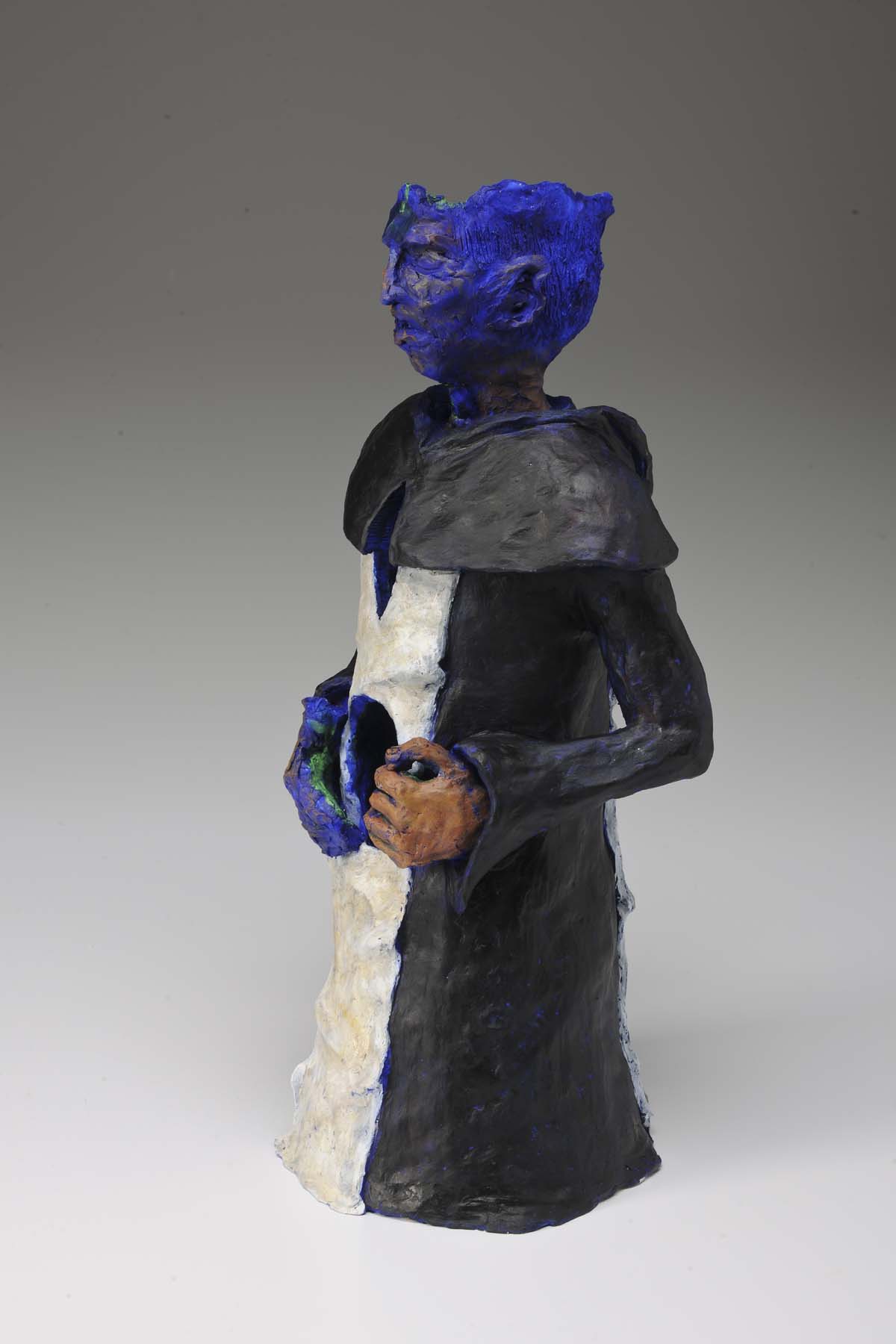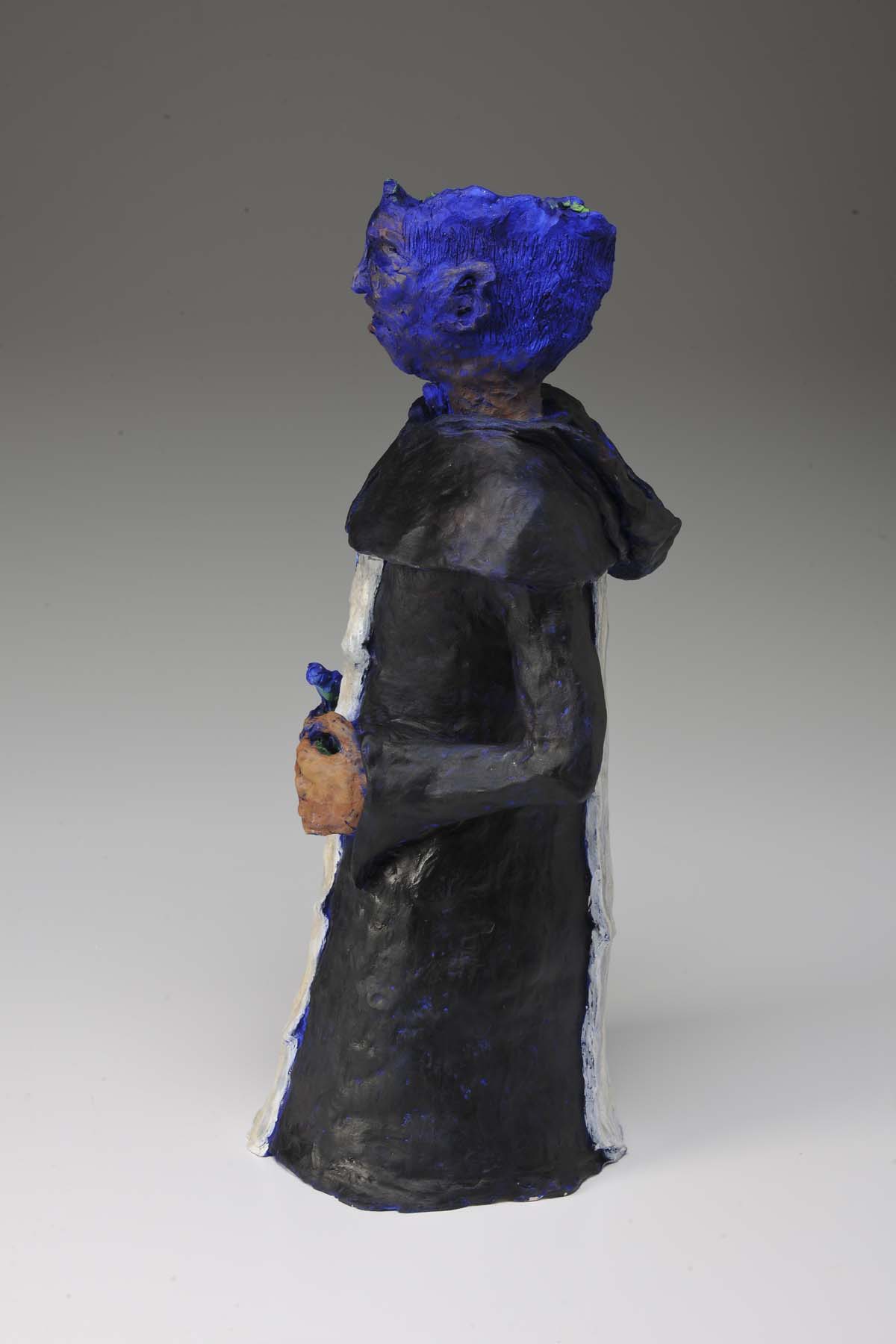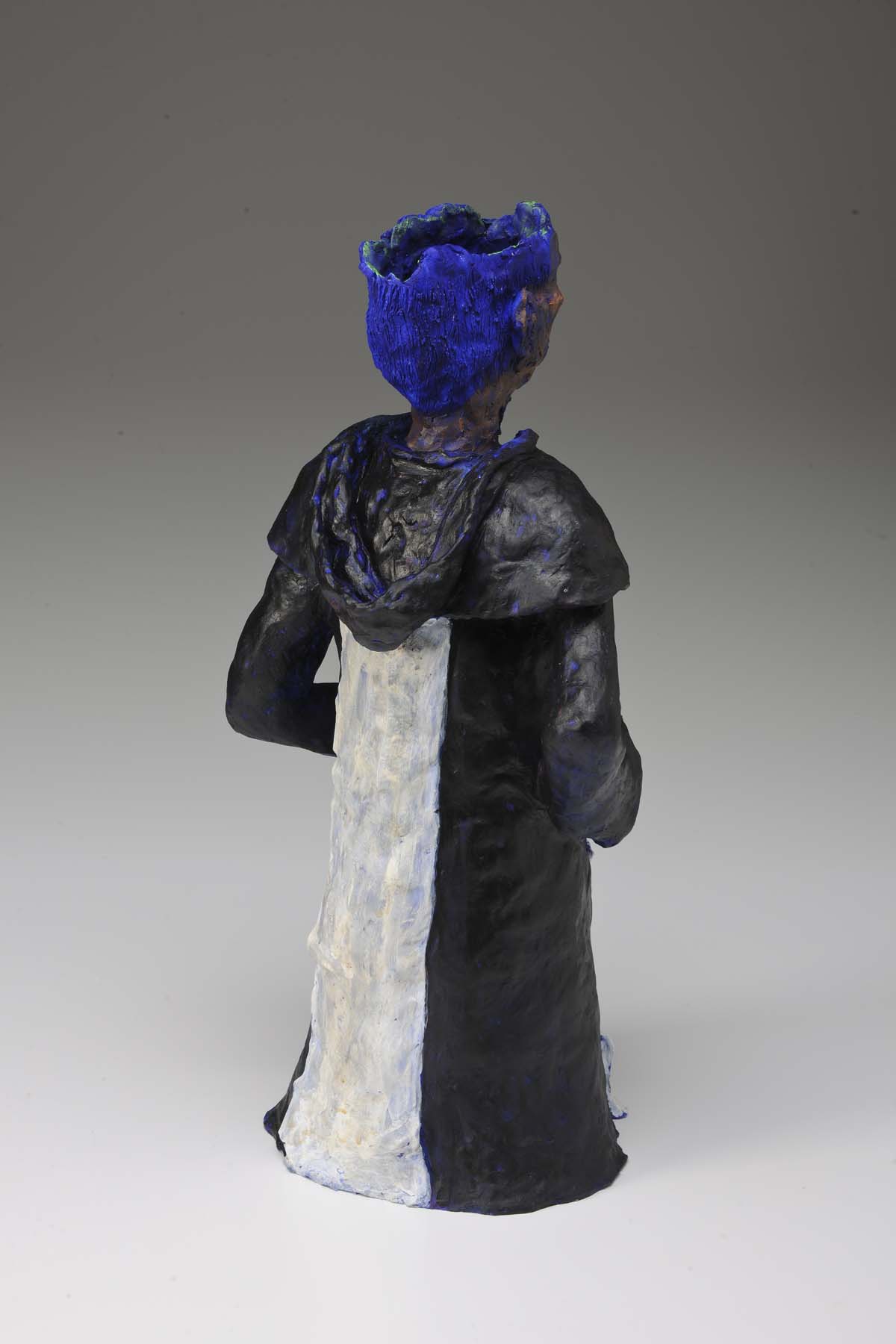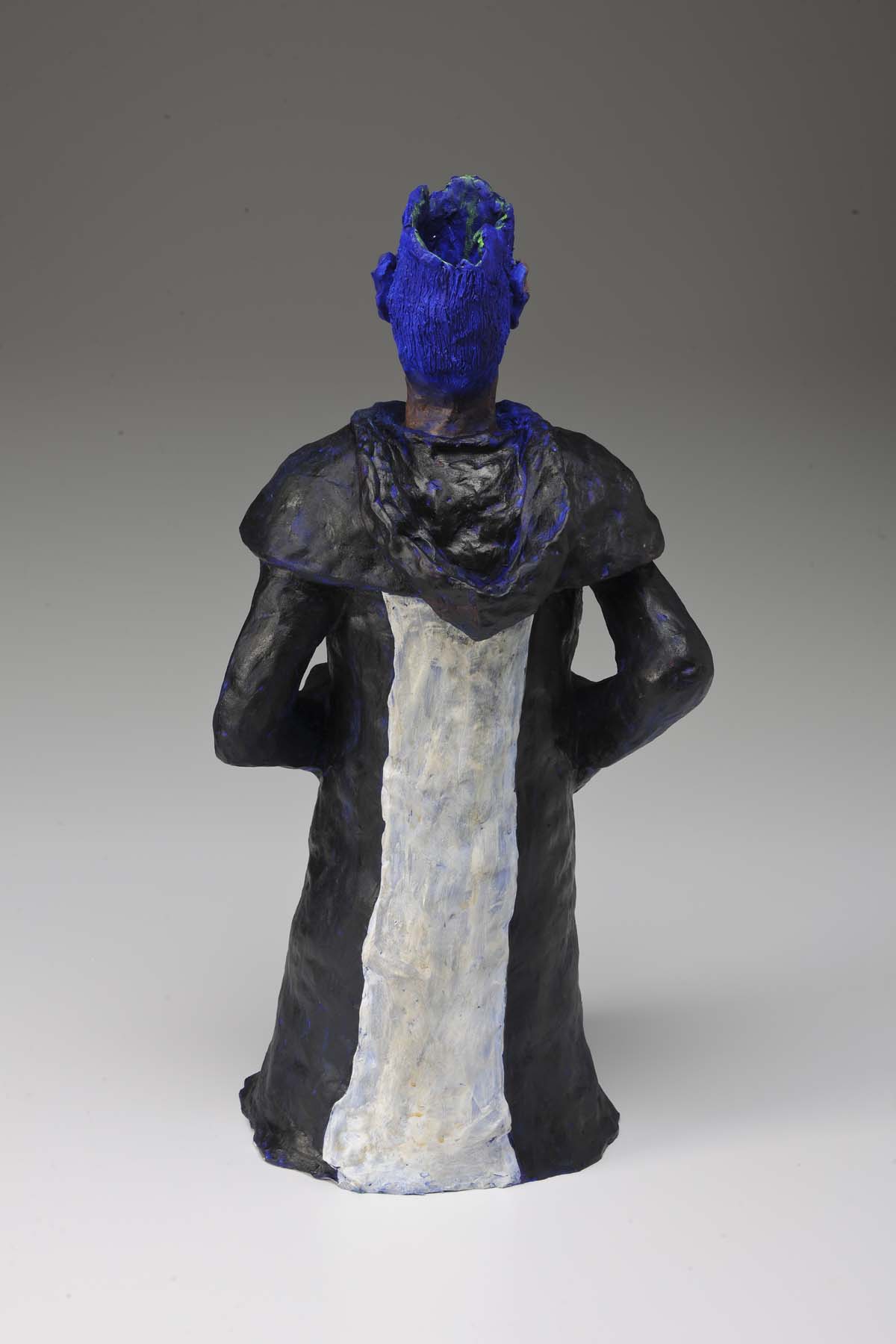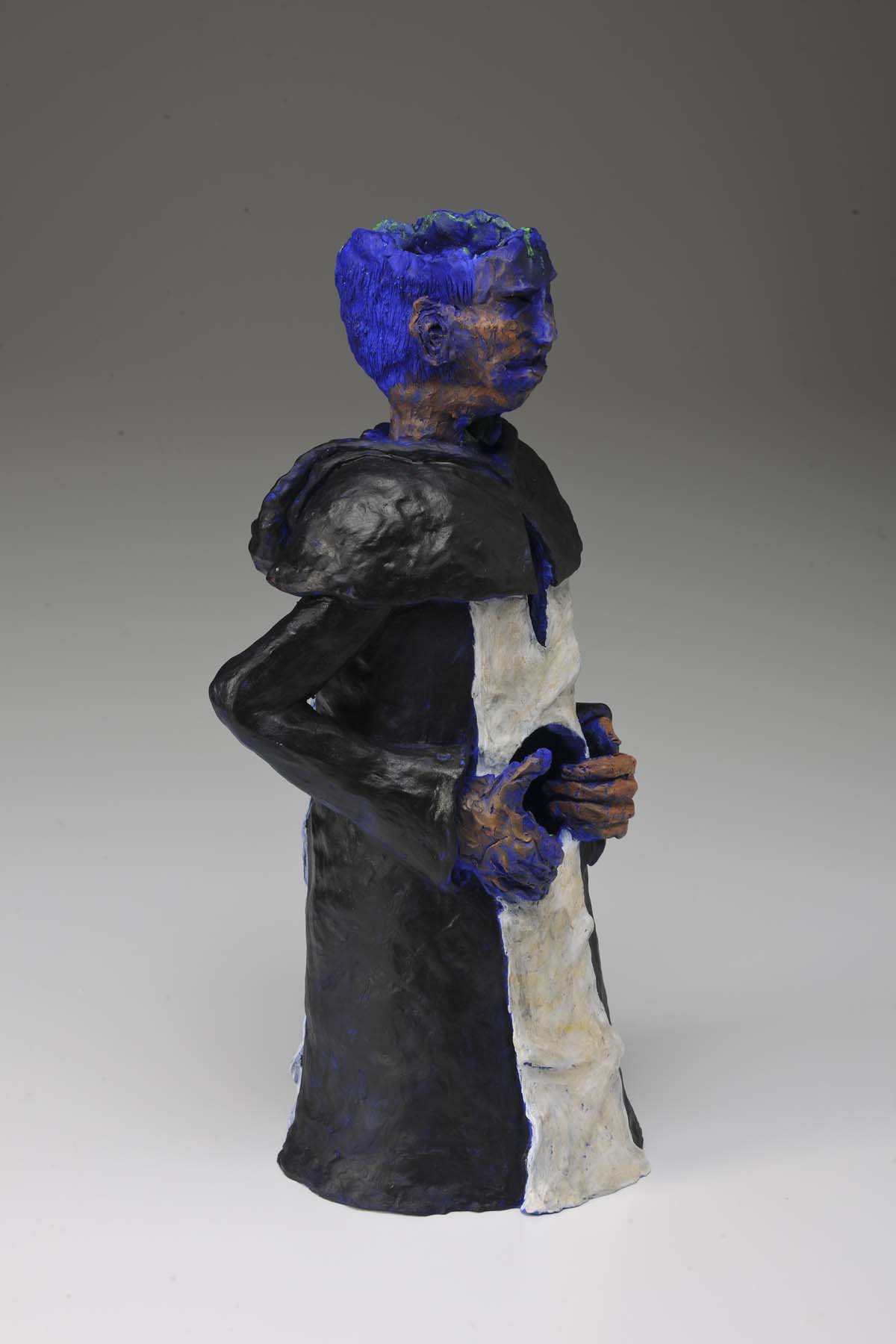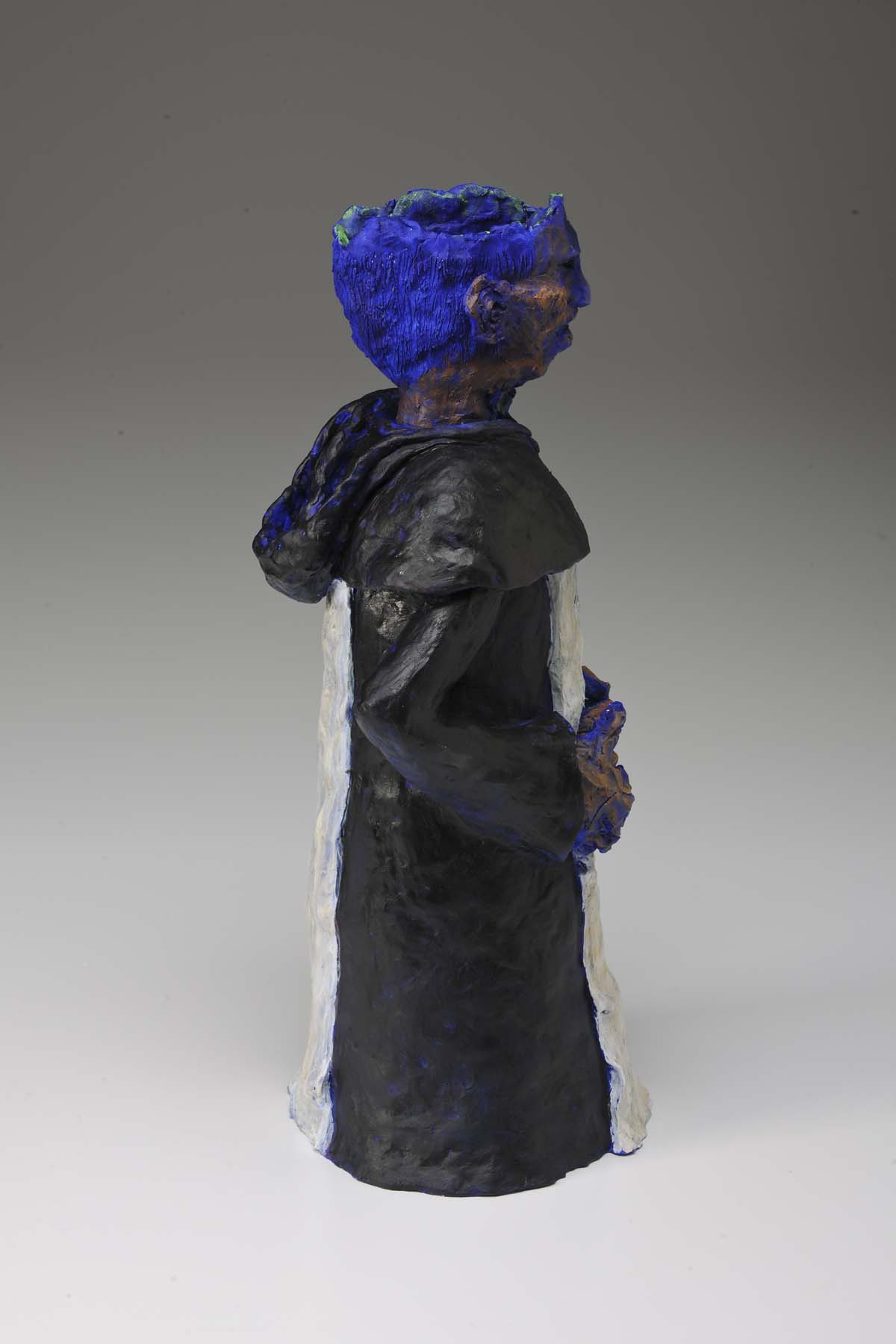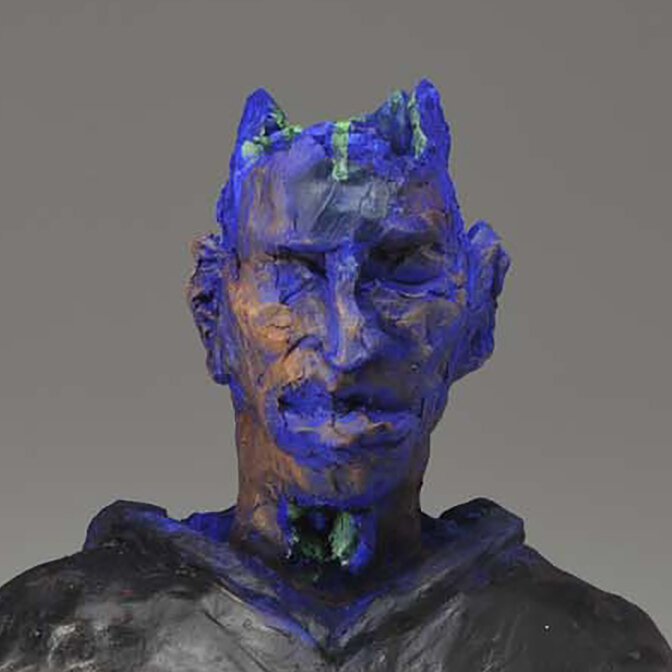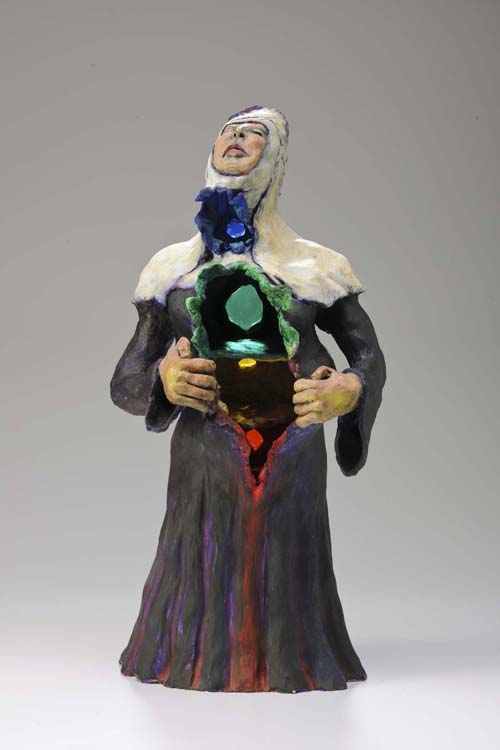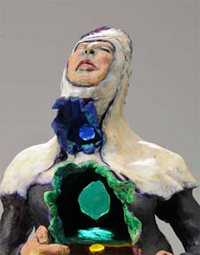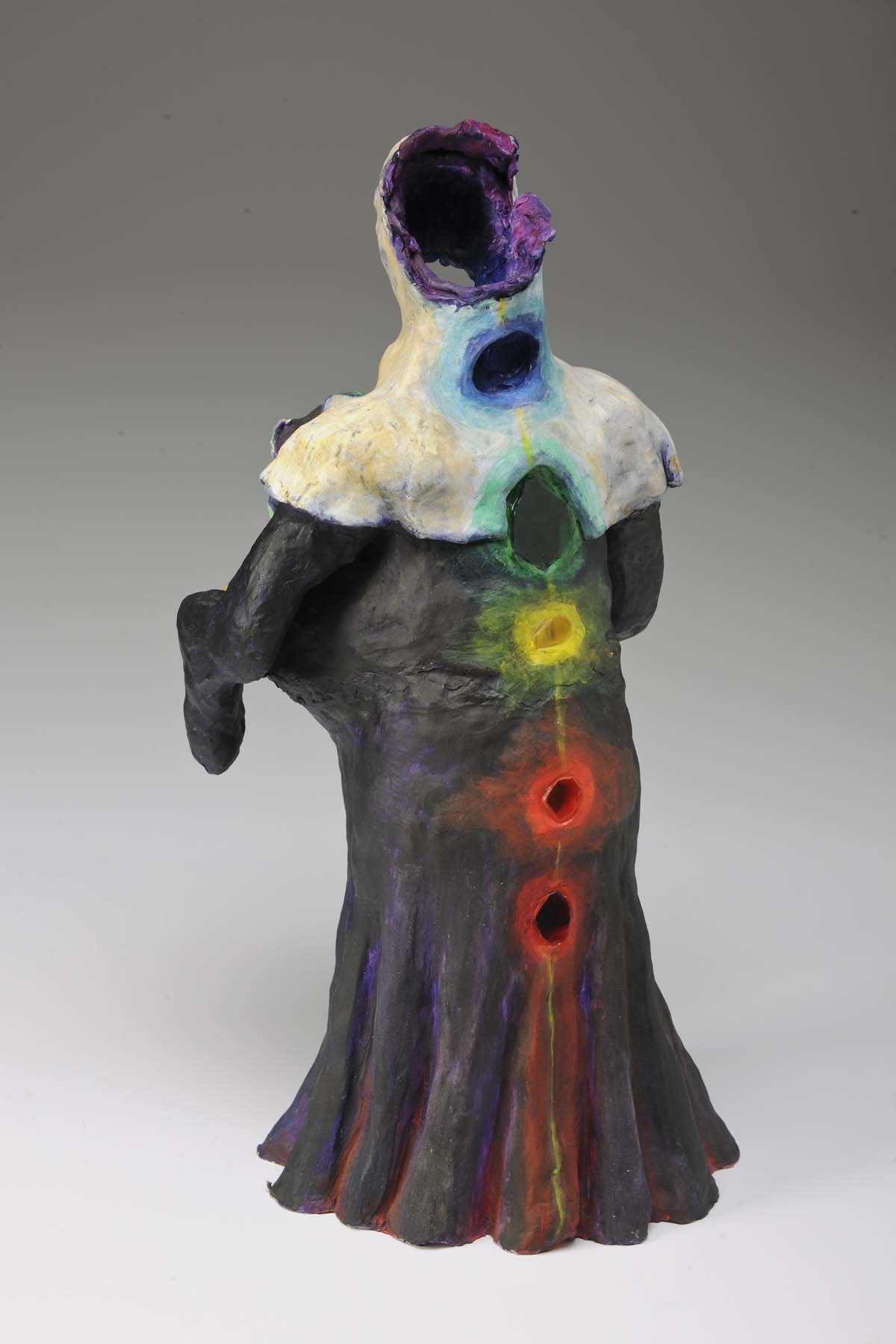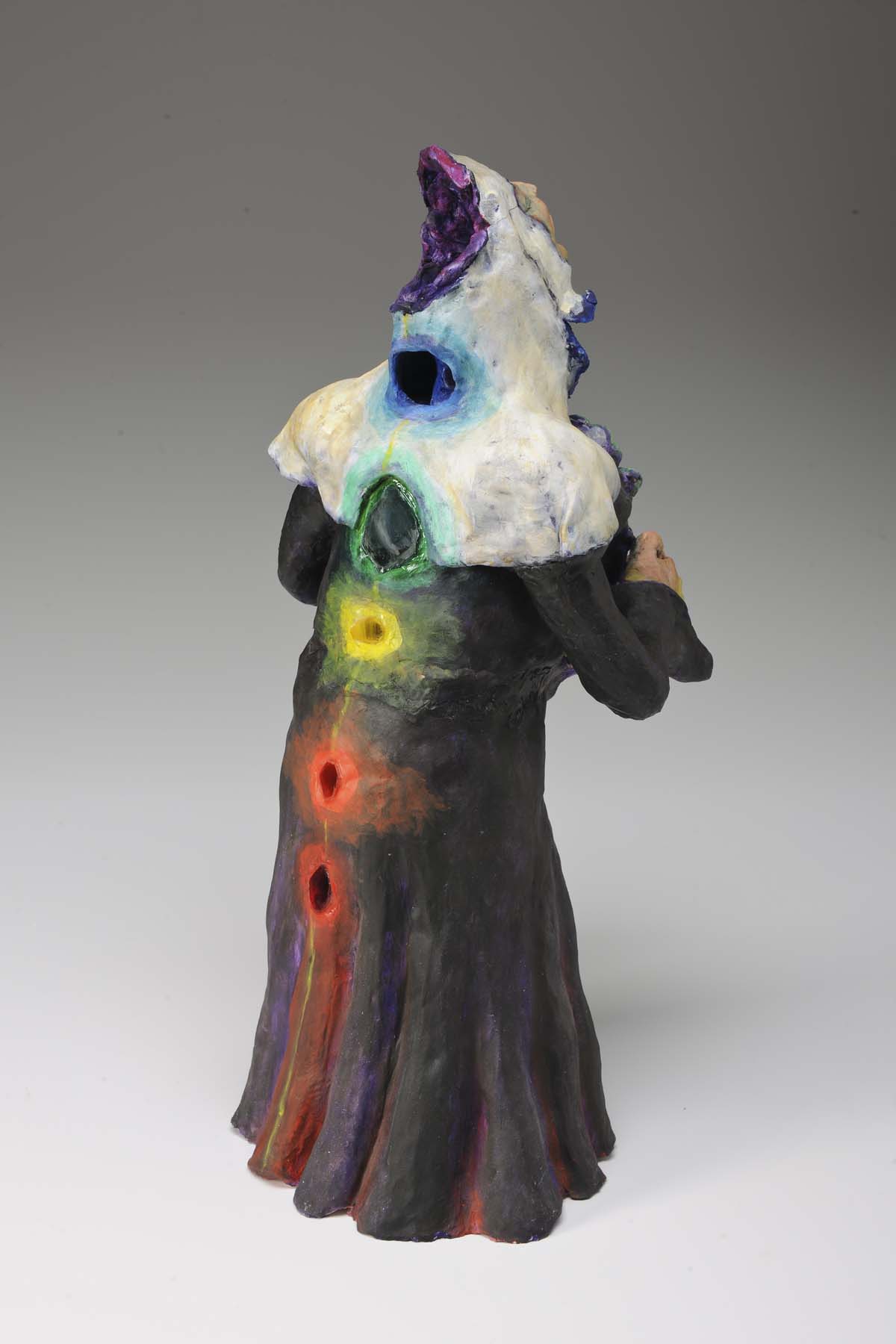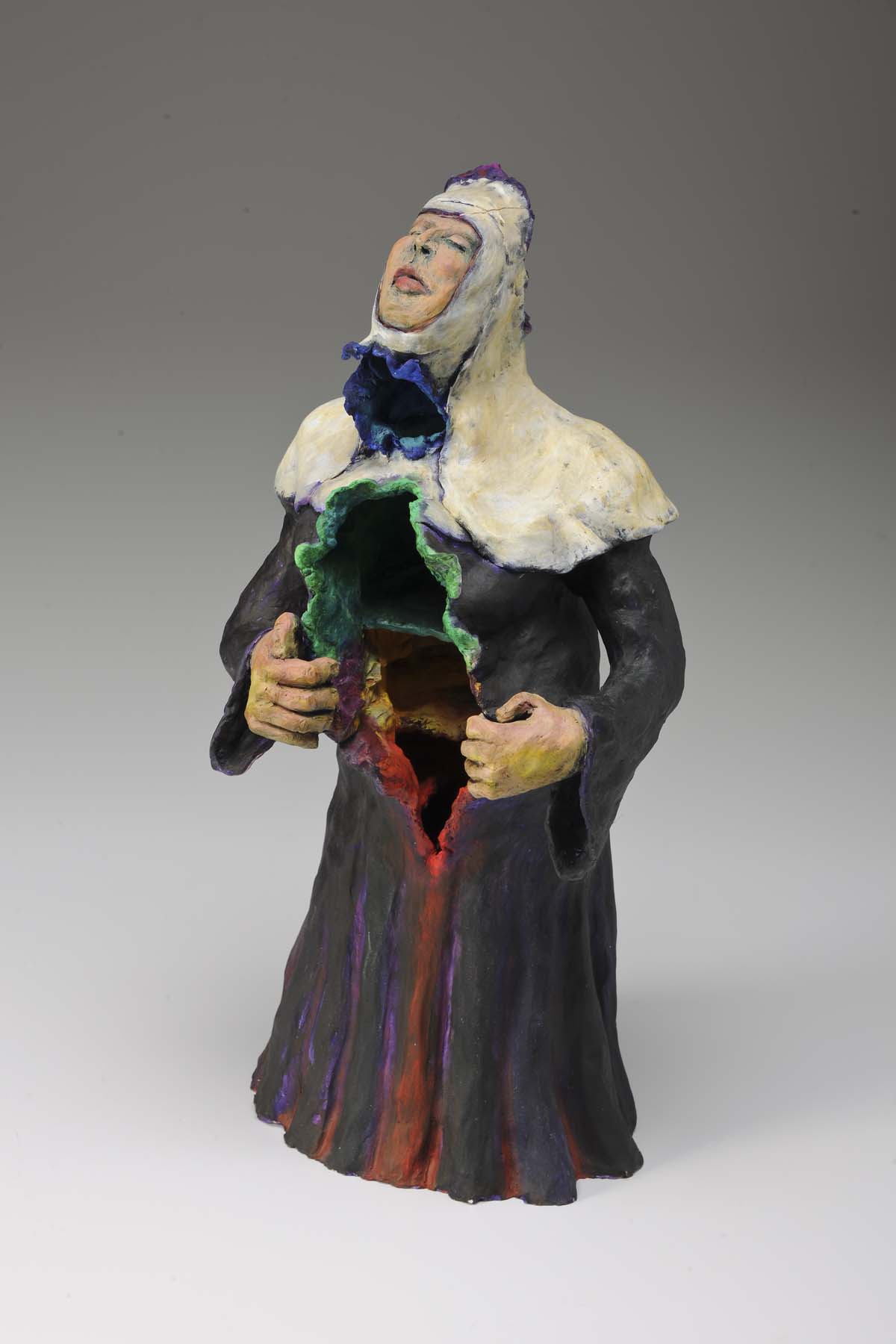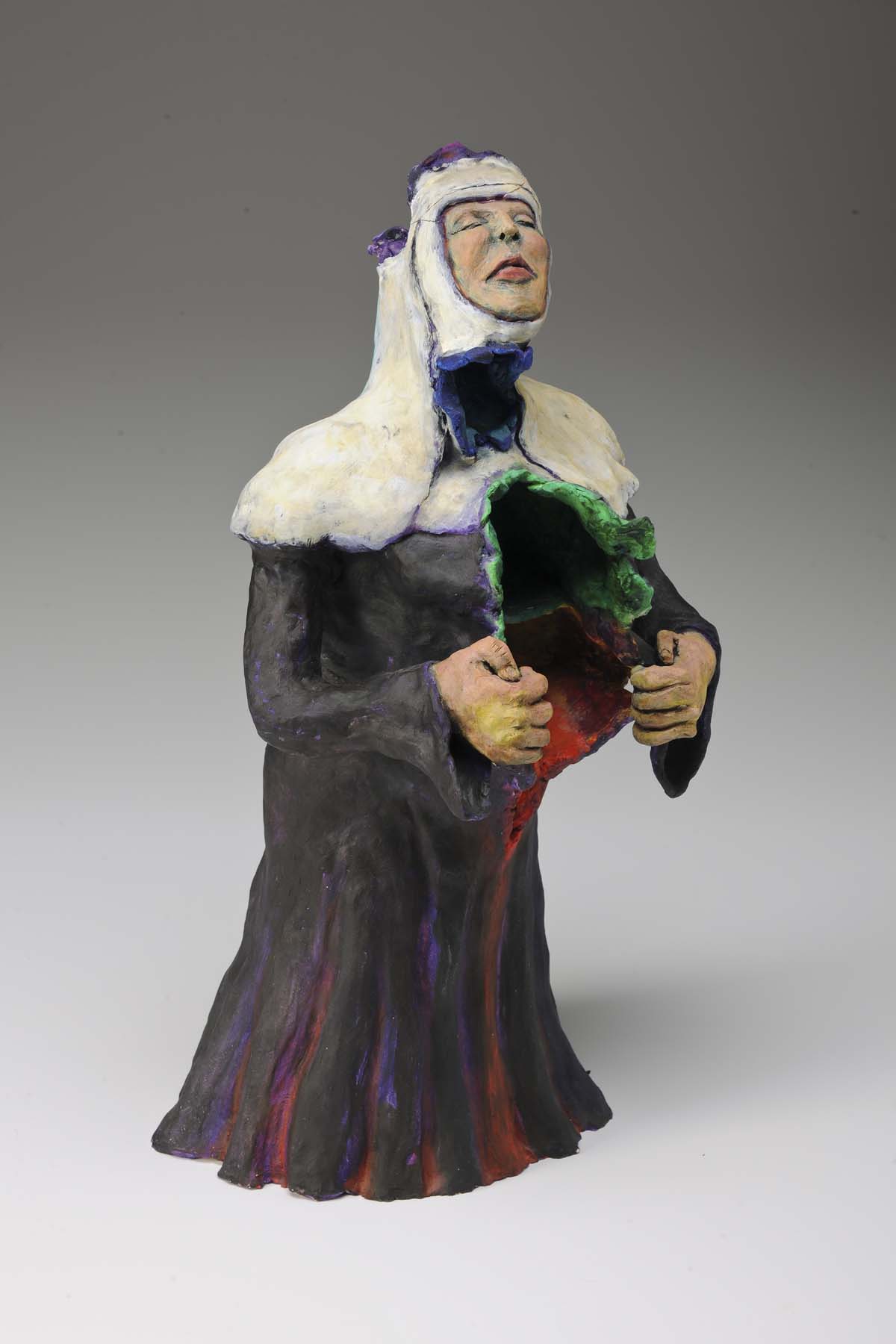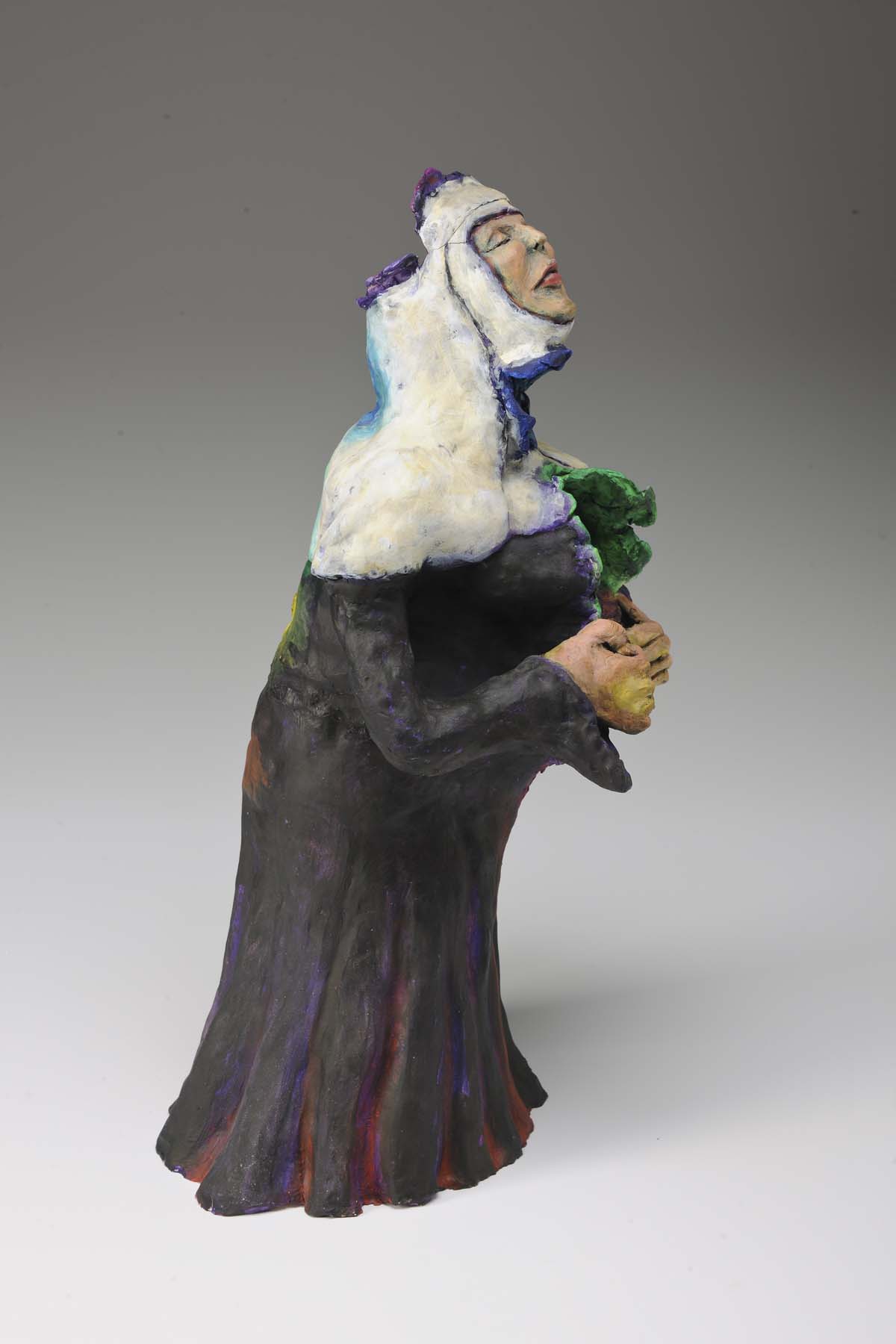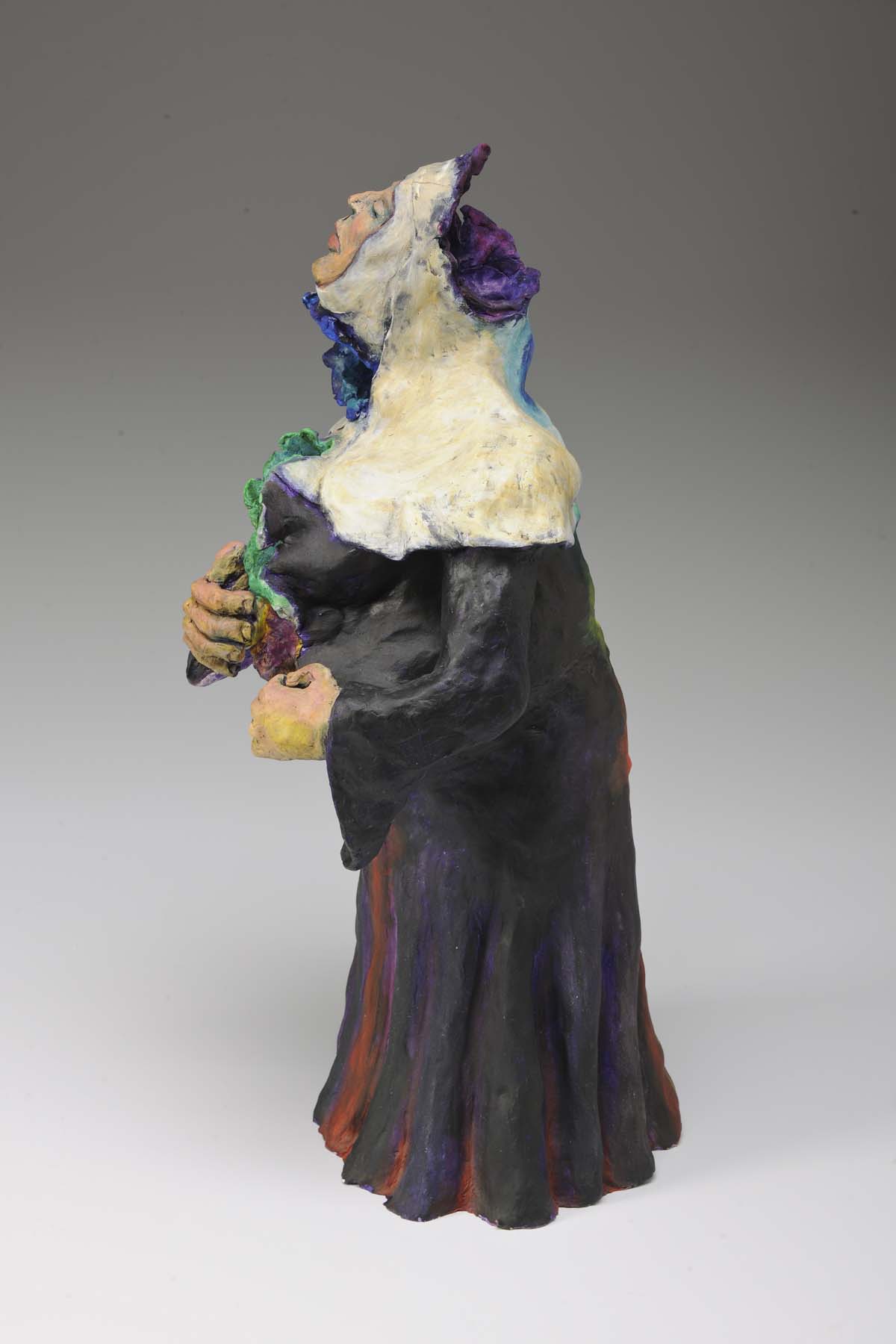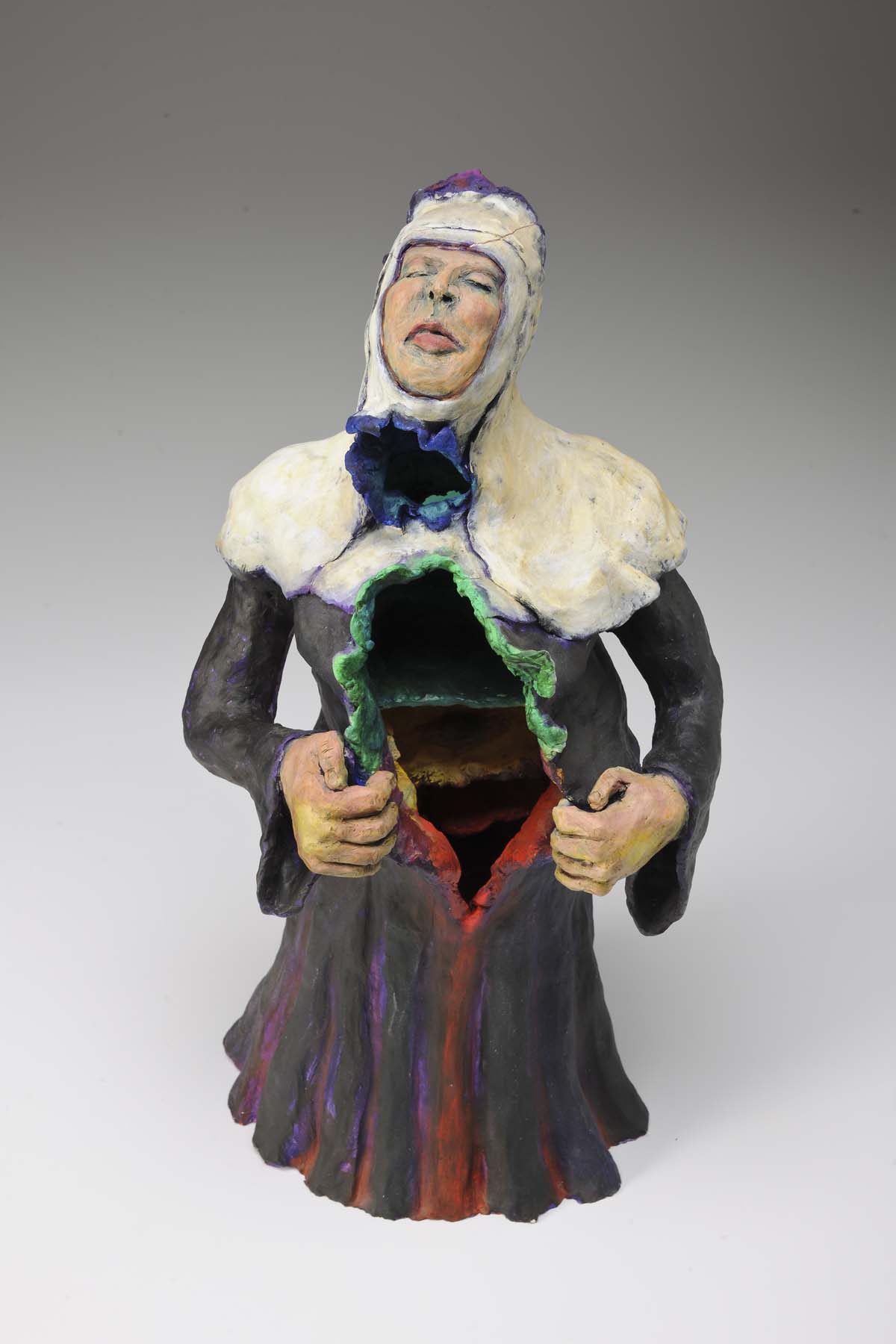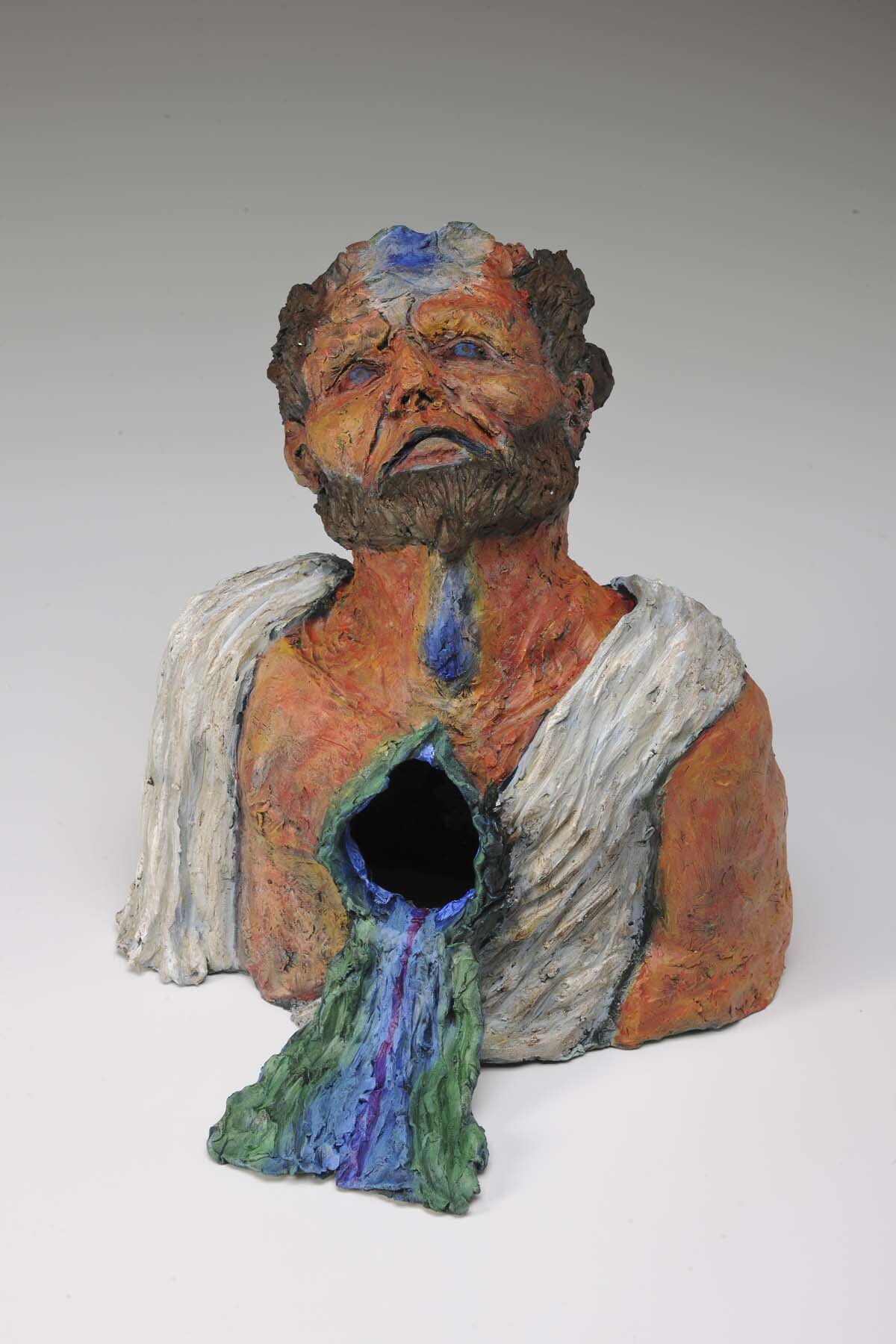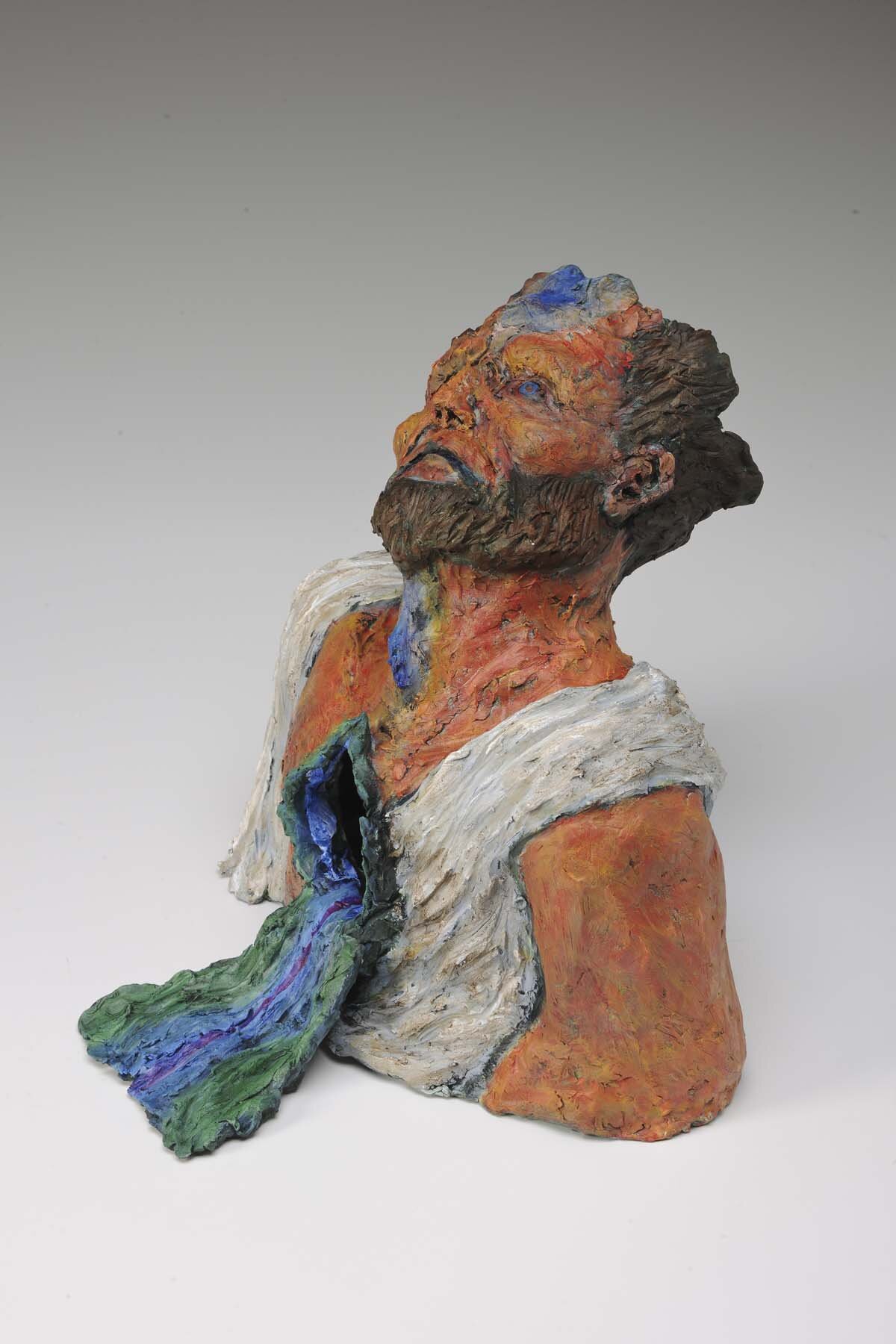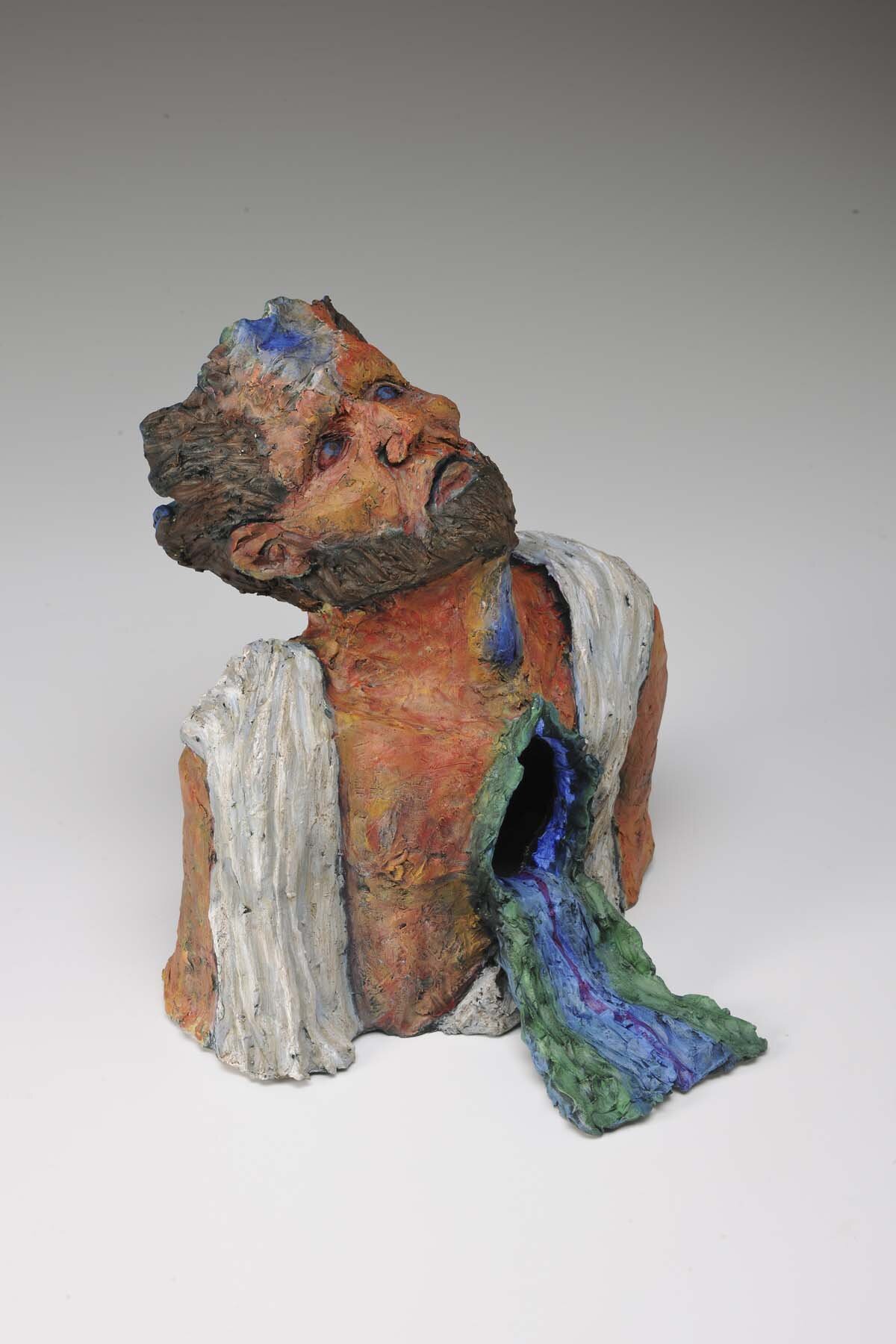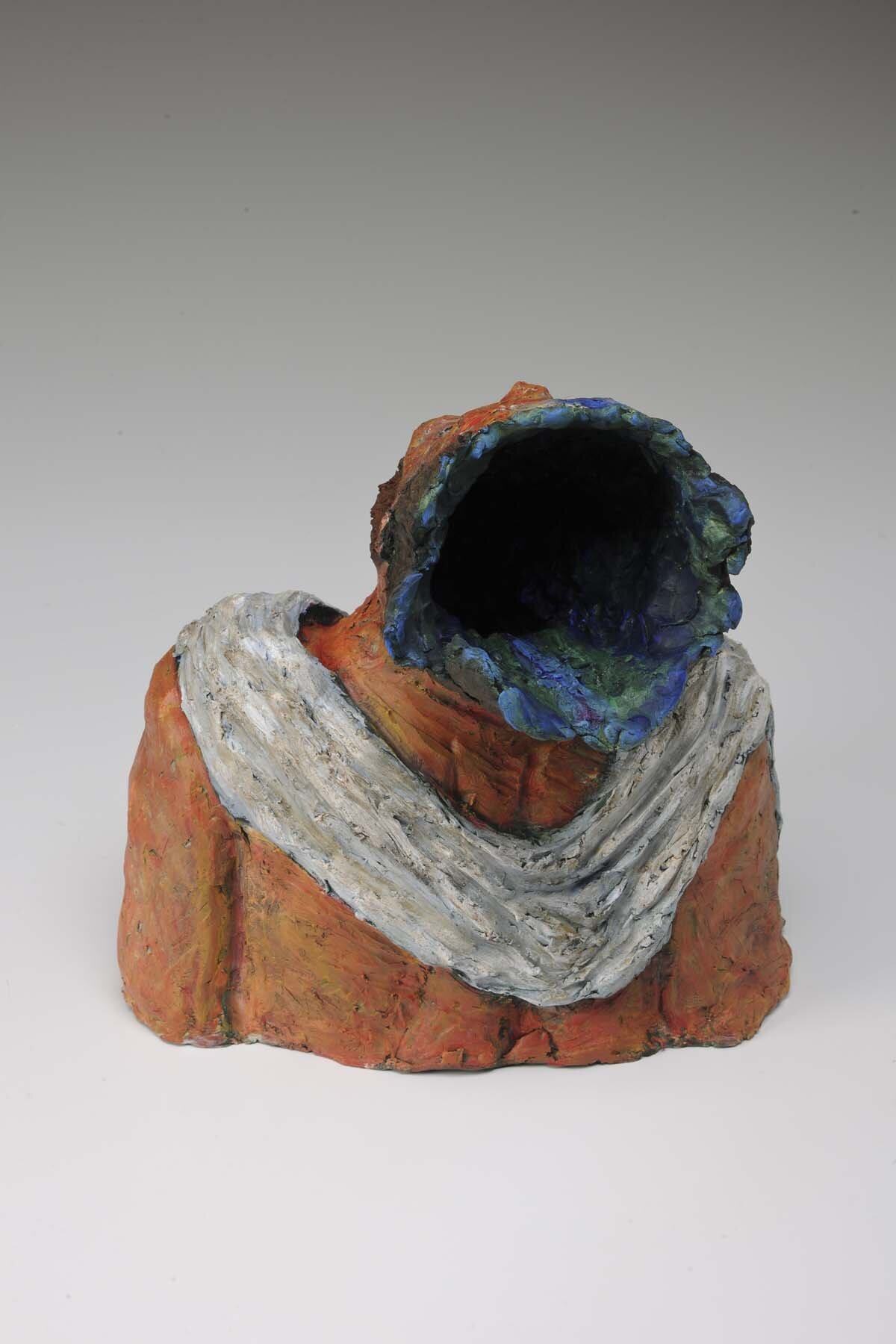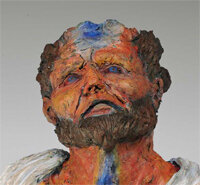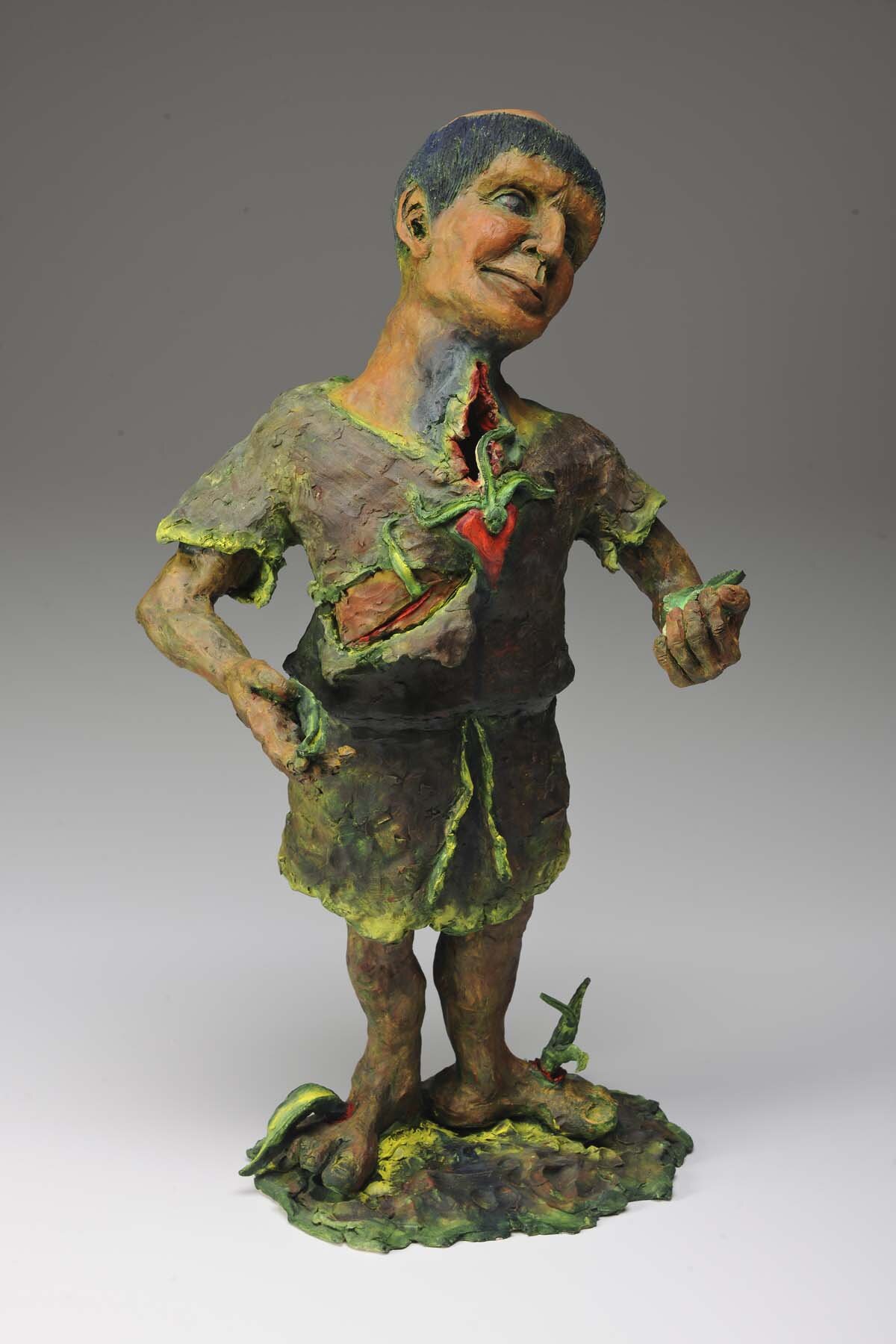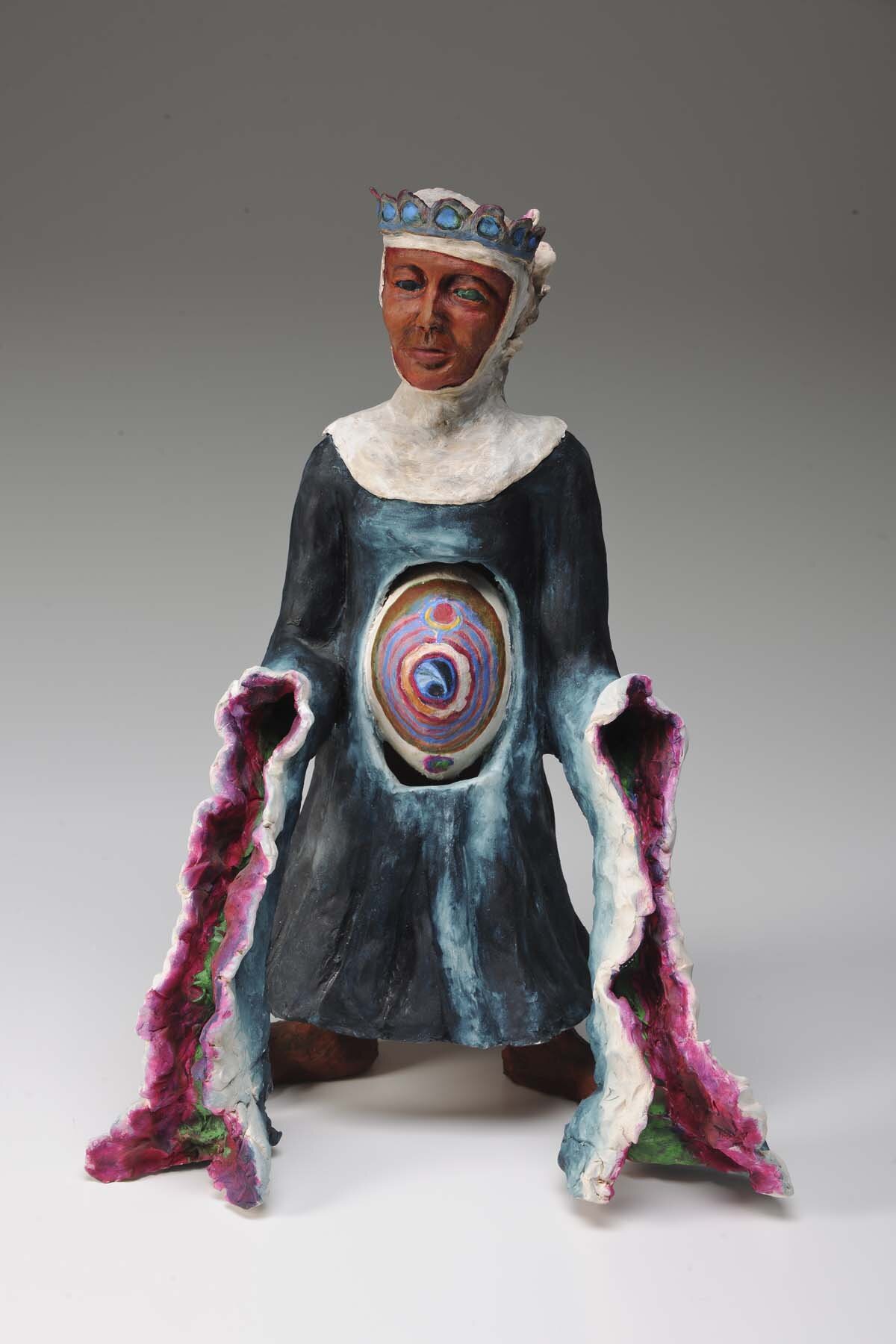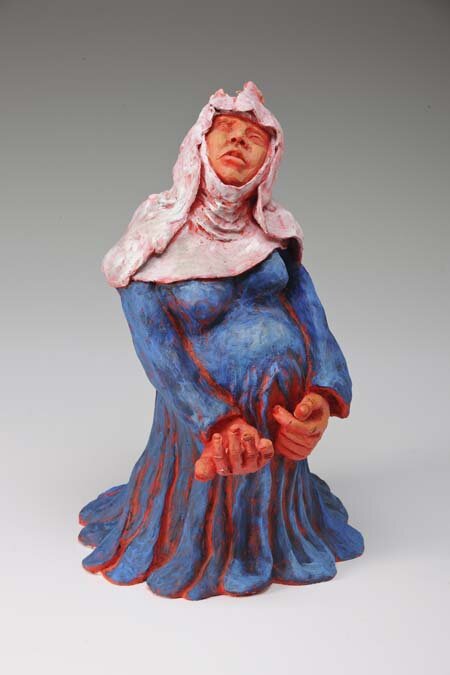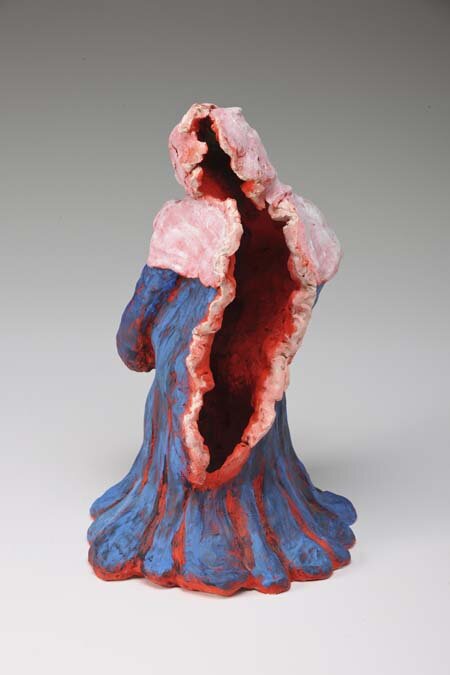Plotinus by Sybil Archibald
Form in Void
Ikkyu Sojun 15th century
The tree is stripped,
All color, fragrance gone,
Yet already on the bough,
Uncaring spring!
Three years ago, my family and I moved from the Northeastern United States to Florida. This summer we returned to the north- a circle complete, a spiritual trial survived.We headed south seeking warmer weather and improvement in my health. My husband’s business closed so we sold our home and moved to paradise with a smile, happy to leave the busy northern pace and the weight of our possessions. More than anything, we sought a simplified life with deeper connections to one another and less stress.I undertook this journey with an open heart. I was happy to begin a new adventure, but was blindsided by what happened. Within a month of moving I contracted shingles on my left eye and for 3 years my health related challenges never settled down. For example, my esophagus stopped working and I had a long period where I had to be on a liquid diet. These various issues kept me pretty much in bed. Under the circumstances, I found it difficult to meet people and became removed from the flow of life around me.My life was literally stripped of everything but my family and my art. Friends, my house, my garden, life as I knew it had evaporated and I had no ability to replace it. It was definitely not what I expected upon moving to paradise and you won't be surprised to hear that I experienced many dark days and nights.At the time it seemed unfair and unbearable. Now, however, I see the reason. After meditating on the early desert fathers of Christianity, it is clear why I needed to be separated from my active life. The desert fathers believed that social interaction interfered with spiritual growth. They escaped into solitude deep in the desert. In In the Heart of the Desert: The Spirituality of the Desert Fathers and Mothers (Treasures of the World's Religions), John Chryssavgis writes:
“Desert” (eremos) literally means “abandonment”; it is the term from which we derive the word “hermit”.…The desert signified death: nothing grows in the desert. Your very existence is, therefore, threatened. In the desert you will find no one and no thing. In the desert, you can only face up to yourself and to every aspect of your self, to your temptations, and to your reality. You confront your own heart, and your heart’s deepest desires, without any scapegoat, without any hiding place.…After all, you cannot hide in the desert; there is no room for lying or deceit there. Your very self is reflected in the dry desert, and you are obliged to face up to this self.…The desert is a place of spiritual revolution, not of personal retreat. It is a place of inner protest, not outward peace. It is a place of deep encounter, not of superficial escape. It is a place of repentance, not recuperation. Living in the desert does not mean living without people; it means living for God. Antony and the other desert dwellers never forgot this.
